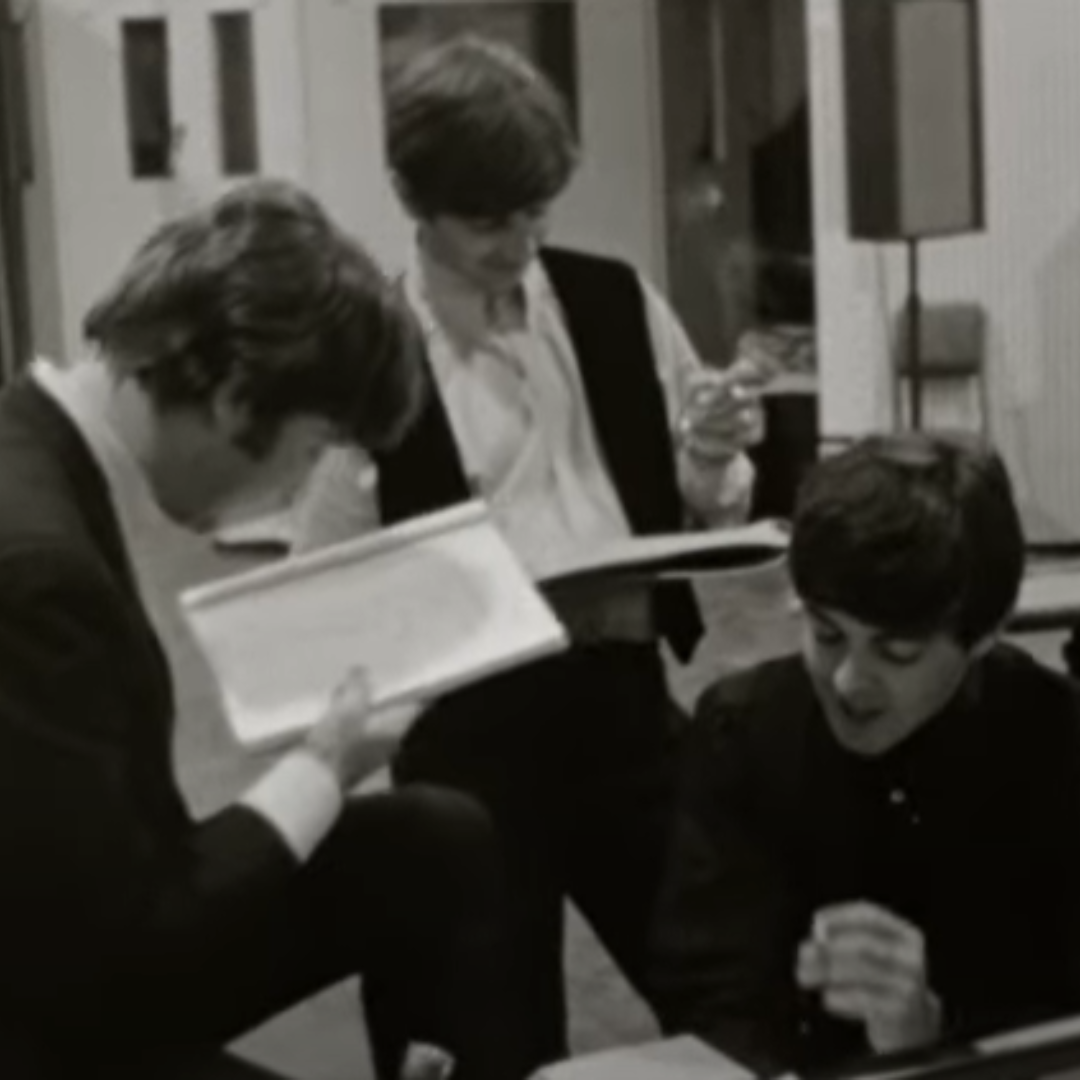Cab Drivers Have Their Say On City of Barrie Ride-Sharing Plan
City Makes Tweaks On Strength Of Deputations
March 27 – A group of cabbies made their voices heard at Barrie City Hall Monday night, in response to a new plan involving Uber. Last week, a pilot project was tentatively approved to deregulate the taxi industry in Barrie, instead allowing the industry to set its own fares. The original plan would still require licensing fees from local drivers, cabs, and the cab companies, lowering the fees for the first two, raising it for the last, while Uber would pay the city a portion of each ride. The move would also remove a moratorium on the number of cabs in the city, currently one taxi per 1,500 people. Before the plan received final approval Monday evening, a series of deputations were given by local cab companies and drivers, among others. Sandra McDiarmid and her husband broker five taxis in the city, and she said raising the licensing fee for a small business like hers would be detrimental.
Local driver Gerry van Sligtenhorst says driving a cab is a livelihood, driving an Uber is a money-making hobby.
James Hunt operates ten cabs in town, even drives one of them, and says allowing the market to decide fares is too unpredictable for riders.
Eleven people gave deputations to council on Monday evening, and their words must have hit home; council changed the plan to remove the licensing fees for individual drivers and cabs. Council also reduced the length of this pilot project by half to one year.
—
March 20 – The City of Barrie is taking a different approach in hopes of keeping cab companies and other ride-sharing services happy. Council last night gave initial approval to a plan to deregulate some rules for cab drivers and regulate some of them for services such as UBER and You Drink We Drive. Part of the plan, says Mayor Jeff Lehman, is to allow all of them set their own fares…
Under the plan, licensing fees would be adjusted – higher for the cab companies, but lower for the drivers and their vehicles. All concerned would be subject to some minimum standards. Among them, drivers having a valid provincial licence, a good driving record and adequate insurance. Vehicles would have to be in good repair.
This would be a two year pilot project beginning July 1, if council gives final approval at next week’s meeting.









